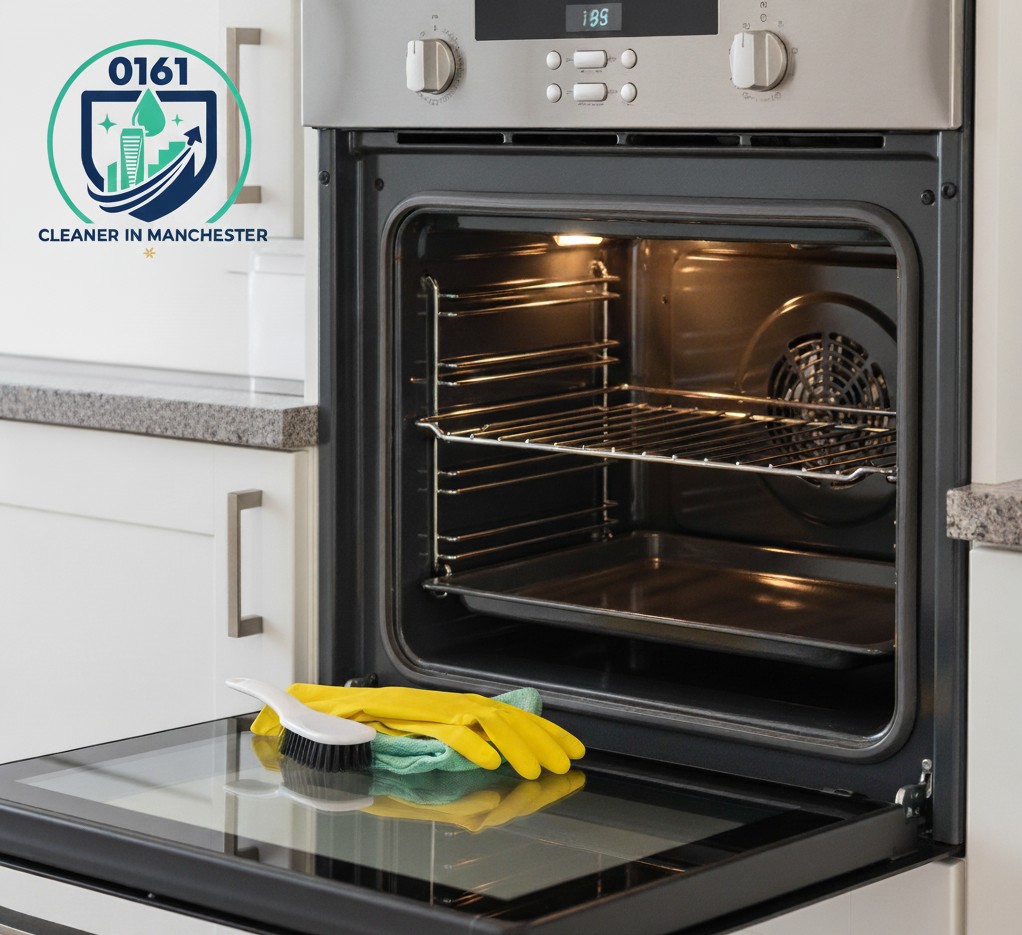The Ultimate Eco-Friendly Homemade Cleaning Products Guide
Clean your home, not the planet. Ditch the harsh chemicals for good.
Did you know the average home can contain over 60 different toxic chemicals from cleaning supplies? You can replace almost all of them with just a few simple, non-toxic ingredients.
For verified, science-based recipes for a cleaner home, visit our HOMEMADE cleaning PRODUCTS finder.
Lemon Juice
Natural acid cuts grease and shines. A powerful deodorizer.
Baking Soda
A mild alkali that scours surfaces, lifts stains, and absorbs odors.
White Vinegar
Its acetic acid disinfects, dissolves mineral deposits, and cuts grime.
Castile Soap
A plant-based, all-purpose soap that safely cleans almost any surface.
Ingredient Superpowers
Each core ingredient has unique strengths. See how they compare in their ability to disinfect, de-grease, deodorize, and scour tough grime.
Note: “Scours” refers to abrasive power. Vinegar and lemon are liquids and have no scouring ability on their own.
Waste Reduction Swaps
Eco-cleaning isn’t just about ingredients; it’s about reducing waste. See the impact of switching from disposable to reusable cleaning tools.
Chart shows illustrative annual waste comparison. Reusable items have near-zero waste.
Your DIY Cleaning Toolkit
All-Purpose Cleaner
Perfect for countertops, sinks, and most surfaces (except stone!).
Just mix 1 part water with 1 part white vinegar in a spray bottle. Add a few drops of essential oil for scent.
Wood Furniture Polish
Gently cleans and conditions wood furniture, leaving a natural shine.
Combine 2 parts olive oil with 1 part lemon juice. Apply a small amount with a soft cloth and buff.
Eco-Cleaning Processes in Action
How to Clear a Slow Drain
Pour 1/2 cup of baking soda down the drain.
Follow with 1/2 cup of white vinegar. It will fizz!
Let it sit for 15-30 minutes to break down the clog.
Flush thoroughly with a kettle of hot (not boiling) water.
How to Clean a Microwave
Add 1 cup water and 2 tbsp vinegar (or half a lemon) to a bowl.
Microwave on high for 3-5 minutes until it’s very steamy.
Let the bowl sit for 5 minutes. The steam will loosen grime.
Easily wipe the inside clean with a damp cloth. No scrubbing!
Safety First! The “Do Not Use” List
Natural doesn’t always mean safe for all surfaces or in all combinations. Here are the most important rules to follow.
DANGER: DO NOT MIX
Never, ever mix Vinegar (an acid) with Bleach (a base). This creates toxic chlorine gas.
CAUTION: AVOID ON STONE
Do NOT use Vinegar or Lemon Juice on natural stone like marble or granite. The acid will etch and dull the surface.
SAFE: USE SEPARATELY
Baking Soda and Vinegar are great partners, but don’t pre-mix them in a bottle. They neutralize each other and lose power.

